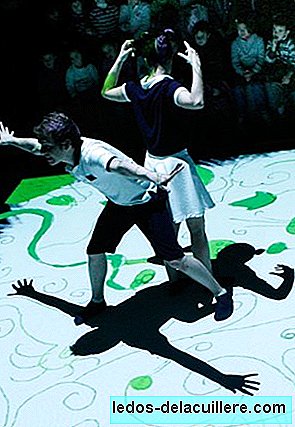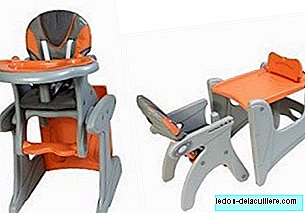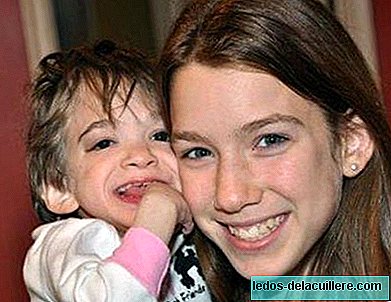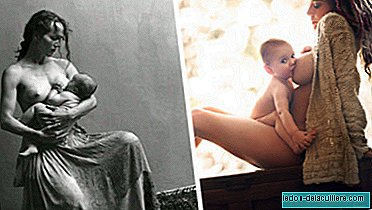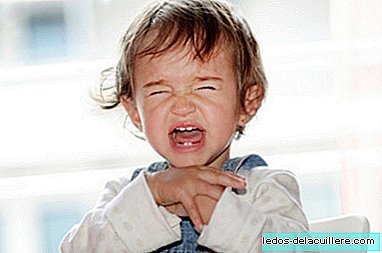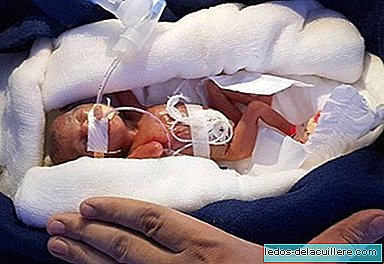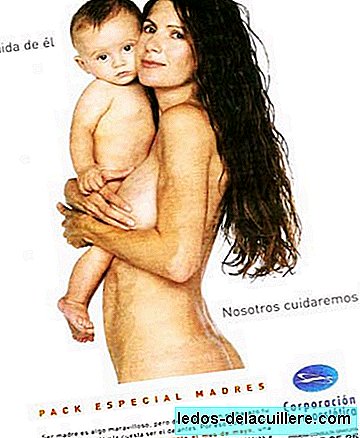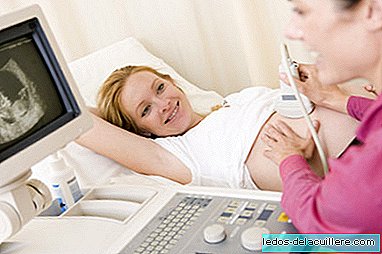
You are pregnant and before you can tell your baby will start moving inside: kicks, somersaults, pirouettes ... Their movement patterns develop between weeks eight and 15, and from there they will be perfected, being perceptible by the mother around the 20th week of pregnancy.
It has always been said that movements within the uterus are a symptom of fetal well-being, but a recent study published in the journal of Biology Development has just revealed that movements also serve the baby to Develop and strengthen your bones and joints.
In a recent study, researchers have determined that the movement stimulates the molecular interactions of the cells and tissues of the embryo, so that become functional bones and joints. Depending on where the cells are inside an embryo, the movement will help in the formation of bone or cartilage.
The results of the study have concluded that when there is absence of movements, an abnormal joint development occurs:
"Our new findings show that in the absence of embryonic movement, the cells that should form the articular cartilage receive incorrect molecular signals, while another inappropriate signal is activated instead "- explains Dr. Paula Murphy, professor of zoology at Trinity College Dublin, and co-director of this study.
Research has been carried out with chicken and mouse embryos, but it has been observed that Molecular changes that occur when there is no mechanical stimulation are common to all species, so these findings can also be transferred to the human being.
The importance of fetal movements
 It is important that the mother knows how and when the baby moves during pregnancy, since the fetal movement is one of the indicators that everything is developing correctly.
It is important that the mother knows how and when the baby moves during pregnancy, since the fetal movement is one of the indicators that everything is developing correctly.The baby's movements usually begin to be noticed around the fourth or fifth month, although in the second and subsequent pregnancies, they are usually noticed somewhat earlier.
As the gestation goes moving forward the movements are likely to decrease, because the baby has less room to stretch. Even so, their kicks and stretches will be clearly noticeable even from the outside, being able to produce deformations and lumps in the gut of the mother.
It is very important to know that if the movements stop abruptly or the mother stops noticing her baby for several hours, you should immediately consult with the specialist.
Noticing our baby move inside the gut is a unique sensation, incredible and difficult to explain, and although sometimes their movements or kicks can be somewhat annoying, now we know that they have a function: that of strengthen your joints and bones for your life outside the uterus.
IStock photos
Via The Bump
In Babies and More When should you go to the emergency room if you are pregnant? In the second pregnancy, the baby's movements feel earlier,


